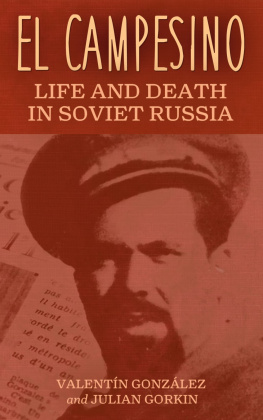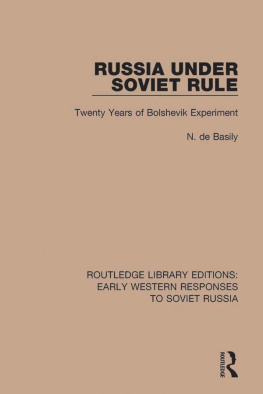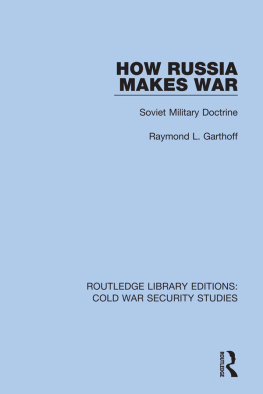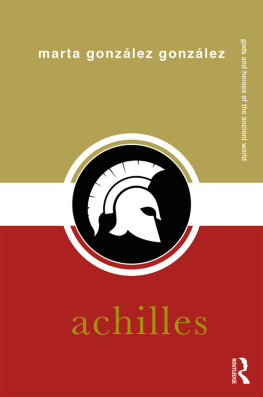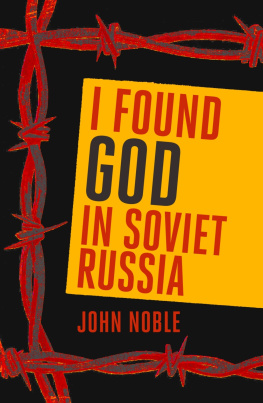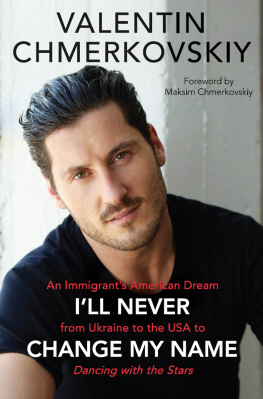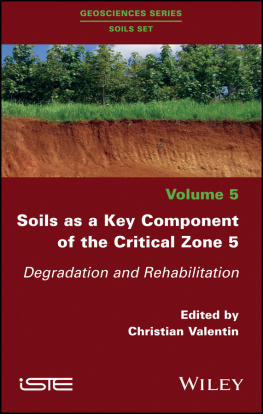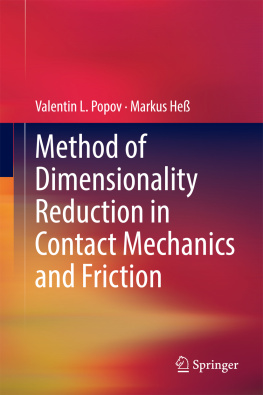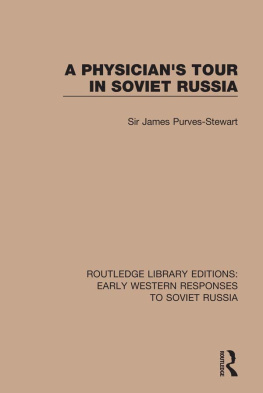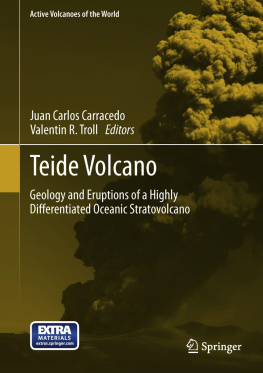Burtyrki Books 2020, all rights reserved. No part of this publication may be reproduced, stored in a retrieval system or transmitted by any means, electrical, mechanical or otherwise without the written permission of the copyright holder.
Publishers Note
Although in most cases we have retained the Authors original spelling and grammar to authentically reproduce the work of the Author and the original intent of such material, some additional notes and clarifications have been added for the modern readers benefit.
We have also made every effort to include all maps and illustrations of the original edition the limitations of formatting do not allow of including larger maps, we will upload as many of these maps as possible.
EL CAMPESINO
Life and Death in Soviet Russia
Valentn Gonzlez and Julian Gorkin
Translated by Lisa Barea
El Campesino was originally published in 1952 by G. P. Putnams Sons, New York.
I
I GREW UP in a hard school. I come from Estremadura, and Estremadura is one of the most backward provinces of Spain. Next to the great estates and the untitled land, which used to belong to the grandees, live peasants without land and often without bread. It is a thankless struggle to wrest a living from that harsh soil, broken up by steep, wild mountain ranges. And it has bred a race of men who are rough, willful, and stubborn: men of action. Most of the peasants of Estremadura could neither read nor write, but they had character and personality. They had pride and a fierce belief in human dignity. In the era of Spains great conquests, Hernan Cortes, conqueror of Mexico, and Francisco Pizarro, conqueror of Peru, both came from Estremadura.
Such is the region from which I come. I was born in a tiny hamlet, to one of the humblest families. My name was Valentn Gonzlez. But I carried it only for the first fifteen years of my life. In a country where the revolt against oppression and authority never ceases, rebels develop early.
My father, Antonio Gonzalez, launched me on my road. He was an anarchist by instinct, a born rebel. He came from peasant stock, but was first a road maker and later a miner in Penarroya. Like so many Spaniards, he was impatient of restraint, hostile to authority, and a believer in direct, violent action. Also, he had an ardent desire for justice and a feeling of solidarity with his fellow workers which made him ready to sacrifice himself for the good of all.
My early years were spent in an atmosphere of ceaseless struggle against the oppression of the monarchy. The most bitterly hated servants of the regime were the civil guards. Between them and ourselves there was war to the knife. On their side was all the power and the resources of the government, on ours nothing but the will to fight for freedom.
It has been said the name by which I am known, El Campesino , The Peasant, was given to me by Russian agents at the beginning of the Spanish Civil War, as a trick to win the sympathies of peasants and land workers. This is not true. The name was given to me by the Spanish police on my first arrest, because I took the part of the peasants during a strike. I was fifteen at the time. My name was earned fairly, and I have not dishonored it since.
At sixteen I won my first victory over the civil guard. There was a strike in the coal mines of Penarroya which spread to other industries and to trade. Strikebreakers were brought into the district. The strikers fought to keep them out; the civil guard protected the blacklegs. It was a tough, violent struggle. Hatred became murderous.
I wanted to strike a real blow. In this I was inspired not only by my father, but also by a leading terrorist called El Degollado , The Cutthroat. It was easy enough to get hold of dynamite in the mines. I made a bomb.
The civil guard had set up a post between one of the factories and the railway embankment. This was my target. Because of the frequent heavy rains of Penarroya, the hut was raised above the ground by props, like a man on stilts. I decided to put my bomb underneath and blow up the post.
My comrade in the venture was another young terrorist known as El Virulento . He was two years older than I. We set out in the night under a bright moon. By creeping along in the shadow of the houses we managed to reach the post unseen. Then we planted our bomb and made off. We had not gone far when we heard a terrific explosion. The bomb destroyed the hut and killed four civil guards. Nobody grieved for them, not in those days and in that place.
El Degollado told us to go to Crdoba and stay in hiding there; he let us have some money for it. But I remembered the advice my father had given me: If youre on the run, take to the hills. Money will betray you; civilization will betray you; women will betray you. The mountains never will.
El Virulento and I hid in the small hill village of El Hoyo. Thirty hours after the explosion, the civil guards arrested my father. They beat him unconscious, but he swore he had no idea where I was.
We were in a hill district famous as the hide-out of noble bandits, of men who robbed the rich and helped the poor. We lived like bandits ourselves. We were outlaws, hunted men in spite of our youth, and there was a price on our heads.
The mountains never betrayed us. Nor did the people of the mountains. Peasants sent us food through the shepherds who climbed the steep slopes with their flocks. We used our shoelaces to make snares for rabbits and partridge. In this fashion we lived for seven months. From time to time we left the hills during the night to go down to Penarroya or another little town. But we risked leaving our shelter once too often. We were just trying to board a goods train at Penarroya when seven armed men, four of them civil guards, surrounded us. They first marched us through the streets, then they beat us up and threatened us with torture unless we led them to the headquarters of the secret terrorist committee. We refused.
In the prisons of Pearroya, Crdoba, and Fuente Obejuna, they tortured us to make us betray our friends. They beat us with heavy whips. They crushed our feet in a vise. They tightened the handcuffs on our wrists till the circulation was stopped, and left us so for three or four days on end.
El Virulentos spirit resisted their tortures, but his body did not. He died in jail from his sufferings. It was the end of a short and hard life. He had been an orphan, without family or relations. Half bandit, half revolutionary, and wholly a terrorist, he died before he really started to live.
His death was not quite in vain. It brought me my freedom. The lawyers who had undertaken our defense used his death to throw the whole blame on him. They got me free.
I found that I had become a sort of hero among the workers or peasants. The peasants proudly repeated the name the police had given me: El Campesino, the peasant. And I was proud because they were proud of me.
During the months I was in the prison of Fuente Obejuna, my cellmates were anarchists. What I learned from them strengthened me in my political beliefs and in my firm will to fight oppression by every possible means, including violence. It encouraged me even more that peasants sent me food while I was in jail. As soon as I was released, I took up the fight again. I stayed in Penarroyaillegallyand became the leader of a band of pistoleros , gunmen who were out to harass the enemies of the people.


